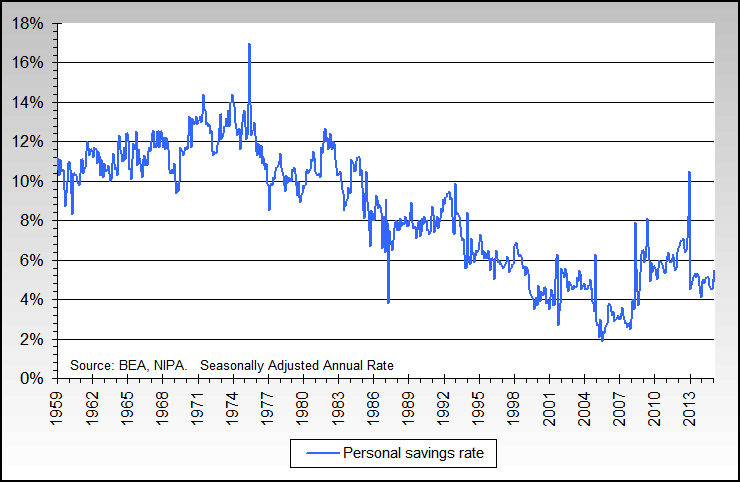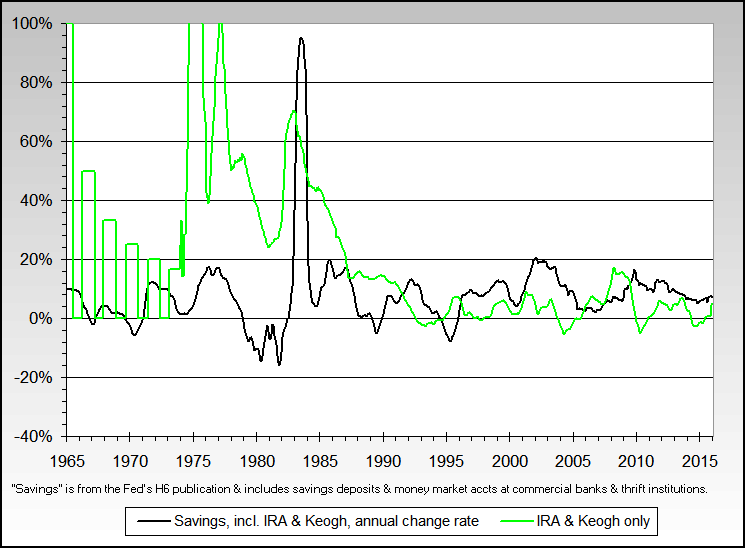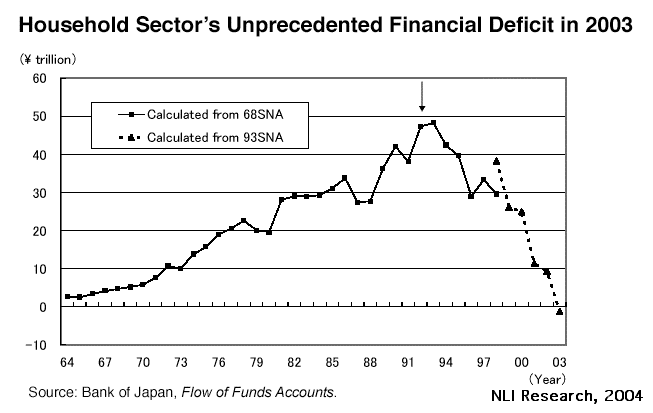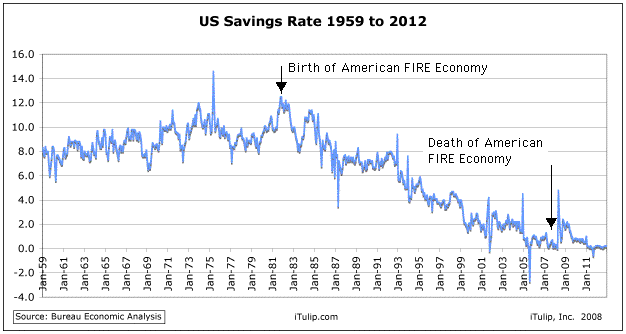No credit, no banks, no jobs: no borrowing. -W.
Consumer borrowing plunges by $7.94 billion in November, record amount in dollar terms
Martin Crutsinger, AP Economics Writer
Thursday January 8, 2009, 3:41 pm EST
WASHINGTON (AP) -- Consumers cut back on their borrowing by a record amount in dollar terms in November, another sign of trouble for the rapidly weakening economy.
The Federal Reserve reported Thursday that borrowing on credit cards, and for such things as auto loans, dropped at an annual rate of $7.94 billion in November, the biggest decline in 65 years of record keeping. That also was much larger than the $500 million decline economists expected, and left total consumer credit outstanding at $2.57 trillion.
continued here:
http://finance.yahoo.com/news/Consum...-14007650.html
Consumer borrowing plunges by $7.94 billion in November, record amount in dollar terms
Martin Crutsinger, AP Economics Writer
Thursday January 8, 2009, 3:41 pm EST
WASHINGTON (AP) -- Consumers cut back on their borrowing by a record amount in dollar terms in November, another sign of trouble for the rapidly weakening economy.
The Federal Reserve reported Thursday that borrowing on credit cards, and for such things as auto loans, dropped at an annual rate of $7.94 billion in November, the biggest decline in 65 years of record keeping. That also was much larger than the $500 million decline economists expected, and left total consumer credit outstanding at $2.57 trillion.
continued here:
http://finance.yahoo.com/news/Consum...-14007650.html






Comment